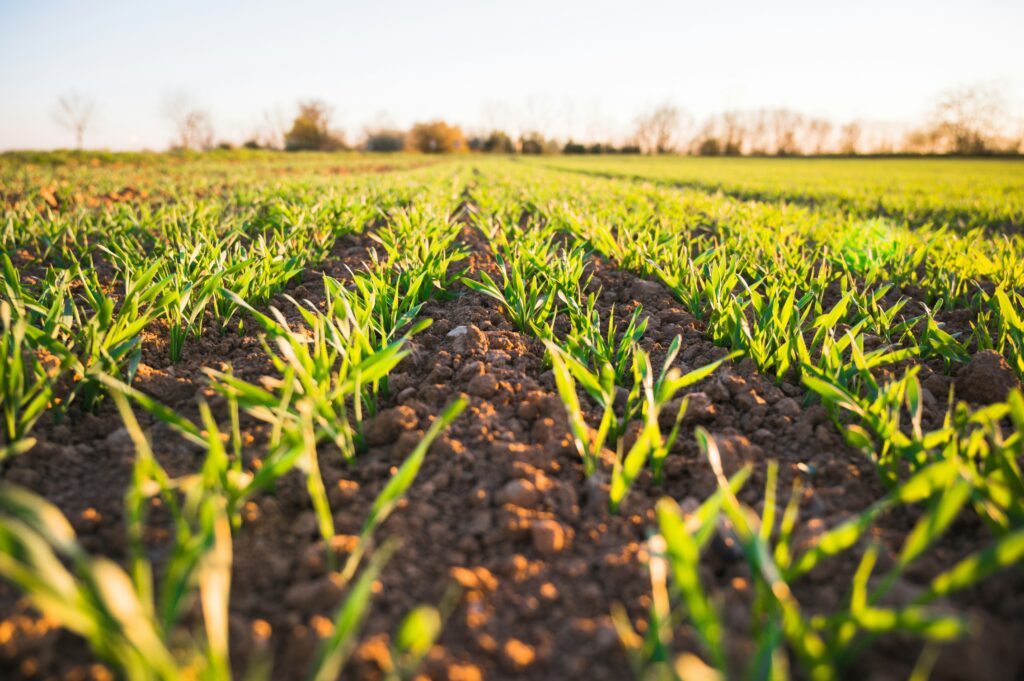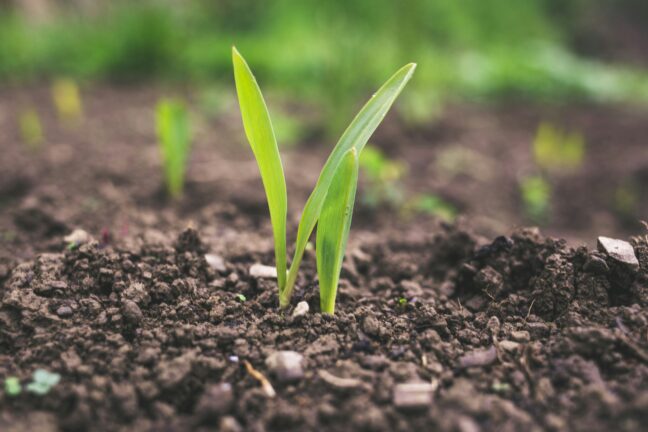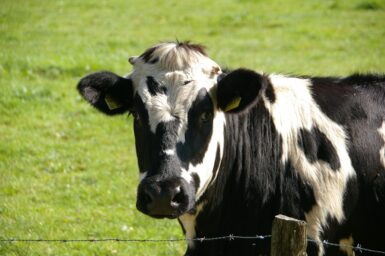The European Parliament returned to business on Monday as several committees, including Agriculture, reconvened in Brussels following the summer recess. High on AGRI’s agenda was the EESC rapporteur’s opinion aimed at promoting regenerative agriculture as a pathway to sustainable food production.
It was not the only item up for debate, but certainly one of the most anticipated and closely scrutinised. The proposal is not without its critics, who argue it risks adding confusion and regulatory overlap compared to existing organic farming standards, while others defended the idea’s potential to unlock more flexible, climate-resilient farming models. The opinion, first on the agenda, was the subject of pointed debate.
Regeneration X
The report’s author, rapporteur Stoyan Tchoukanov—a civil society representative and Bulgarian beef industry insider—opened the discussion by underlining the aims and perceived benefits. But first, Éric Sargiacomo (S&D/FRA), Vice-Chair of the Committee on Agriculture and Rural Development (AGRI), briefly described the report’s findings before passing the floor:
“The opinion adopted during the EESC’s plenary session last June highlights that regenerative farming can enhance sustainable food production. It shows how these practices can improve soil health, protect biodiversity and contribute to climate goals while also increasing farmers’ incomes, productivity, and resilience to extreme weather events.”
Recognition of a growing movement
Mr Tchoukanov introduced himself not only as a member of the EESC but as a farmer from southeast Bulgaria who has practised regenerative farming for 10 to 15 years. “Recently we have witnessed this growing not only in Europe but worldwide,” he said, adding that the movement had attracted a significant share of food producers. “It’s fascinating how fast it is growing. I decided to put myself forward as rapporteur because it truly reflects what is happening — and brings to your attention something that is bottom-up. It is not following fixed rules or regulations: these decisions come from farmers and pioneers that are already scientifically proven and context-specific. That makes a big difference.”
The rapporteur stressed that the first call of his findings is for recognition. “You may be surprised,” he stressed, “that no European document mentions regenerative agriculture until now. Our opinion paper is the first.”
You might be interested
The rapporteur explained he had reviewed hundreds of definitions and said regenerative agriculture stands out because it is result-based — using short- or long-term KPIs or Key Performance Indicators — rather than restriction-based. This allows outcomes to be measured from day one.

Sifting through the dirt
According to Mr Tchoukanov, many questions arise when comparing regenerative farming to organic farming or agroforestry — but here, the proof is not in the pudding, but in the soil. “We have a different starting point. We focus on soil health,” he said. He argued that properly taken and analysed soil samples are key to understanding issues such as harvest yields, fertilisation, and carbon removal. Organisers then had two minutes to respond. MEP Herbert Dorfmann (EPP/ITA) agreed with the rapporteur that this “type of farming needs to be clearly defined” — though he doubted a definition could be found that would be “halfway satisfactory”. He stressed farmers—whether organic or otherwise—should not be “dictated to”.
Dario Nardella (S&D/ITA) thanked the rapporteur, saying he had made it “clear that the farming sector faces a very complex transition. It’s not just environmental but also economic and social policy. Regenerative agriculture represents innovative practices and a way to improve soil while reducing fertilisers and chemicals. It’s a model for the immediate and longer term.” He expressed his support.
Some of the benefits
Proponents argue the benefits are clear: healthier soil should mean better crops and more stable yields, while richer biodiversity helps create stronger ecosystems. It also makes farms more resilient to droughts and floods by improving the soil’s water retention. Additionally, regenerative farming can lock carbon in the ground, a key factor in combating climate change. For farmers, it offers the chance to earn more through sustainable practices that rely less on chemicals and more on natural processes.
That said, the opinion was not welcomed by all.
Valérie Deloge (PfE/FRA), a committee member, was relatively blunt. She considered the proposal ill-timed amid an ongoing overhaul of the CAP, with a 20 per cent budget cut and protests worldwide and accused the proposal as full of empty words:
“[We want to boost] productivity and cut red tape, and it seems the right direction, but these are just words masking a hidden Green Deal (…) KPIs, complex flows (…) we are talking about rules upon rules.”
She questioned how it would be possible to regulate soil quality across varied territories, crops, and plots. In France, bio farming is seen as too costly, she stated. Meanwhile, other critics warned of confusion and overlapping rules with established organic farming.
Knock, knock: who’s there?
In his second round, Mr Tchoukanov defended the process and insisted no new rules would be added. He said regenerative agriculture strongly interests young people, who “are convinced they don’t have a Plan B”. He stated, quite emphatically, that the next generation is at the front door — Will we say No?
On the budget, he called regenerative farming a way to improve margins and pay farmers better through lower input costs. He recalled farmers he met firsthand, across generations, who were initially sceptical but changed their minds after seeing the results.
“I might be over the hill,” the rapporteur said, “but I am not out of fashion.” In his view, the future is what is at stake and the fashion? Regenerative farming with a proven scientific approach.











